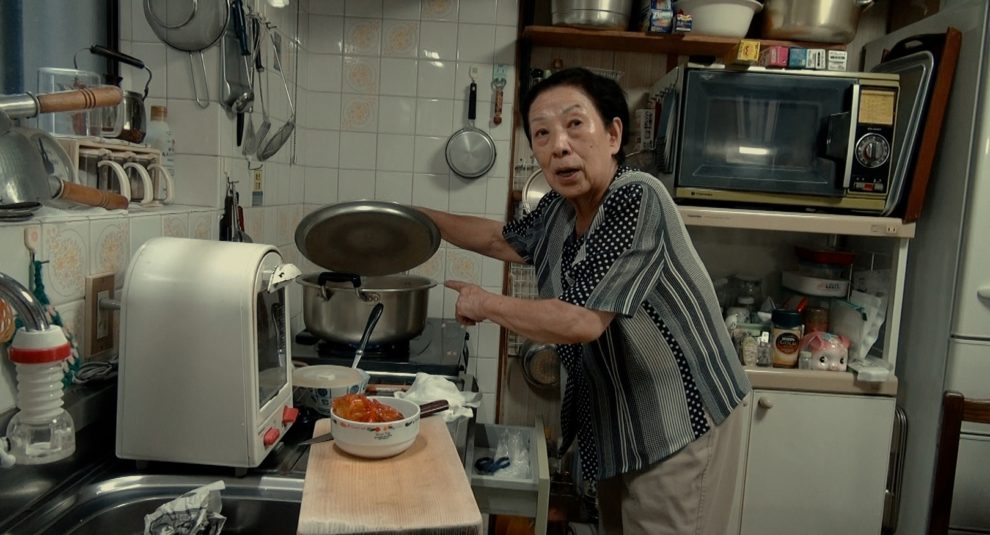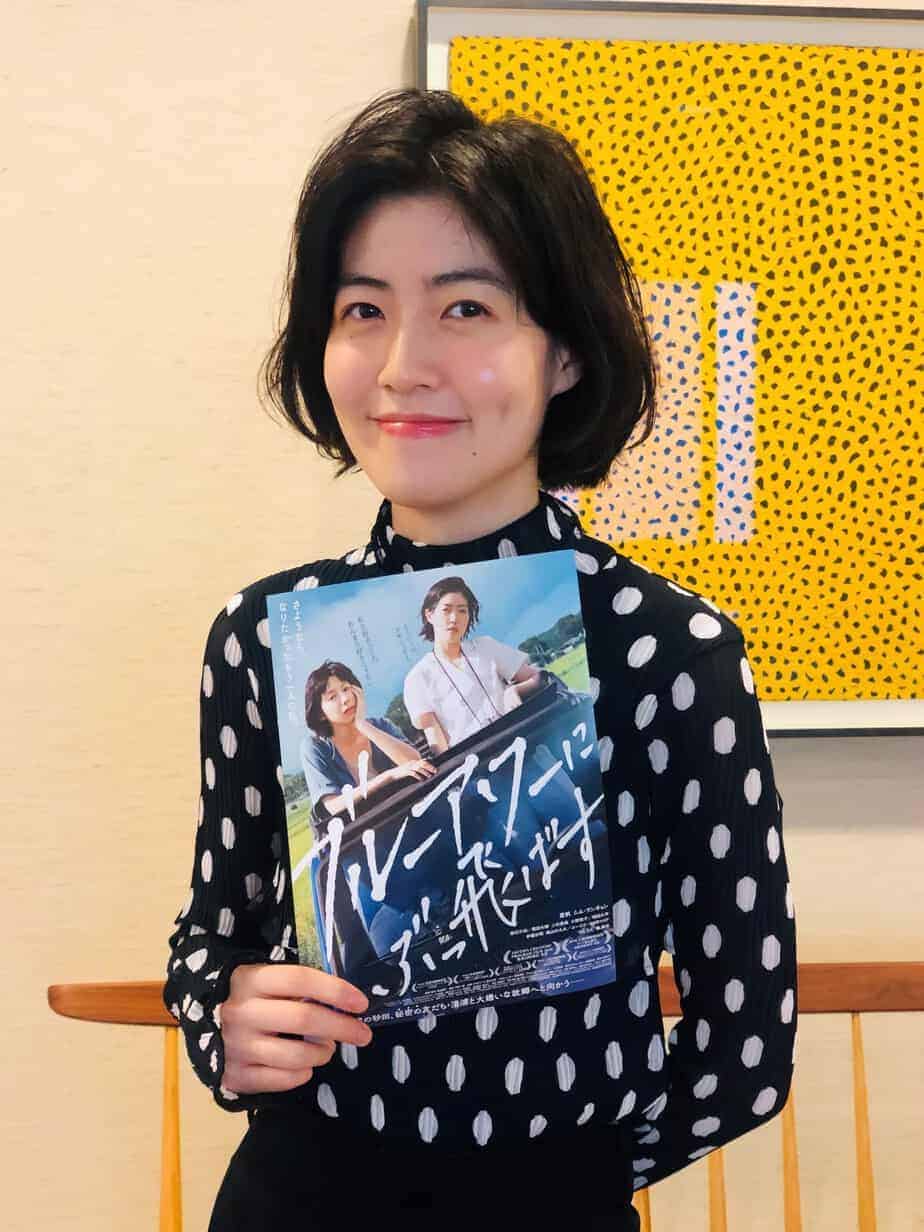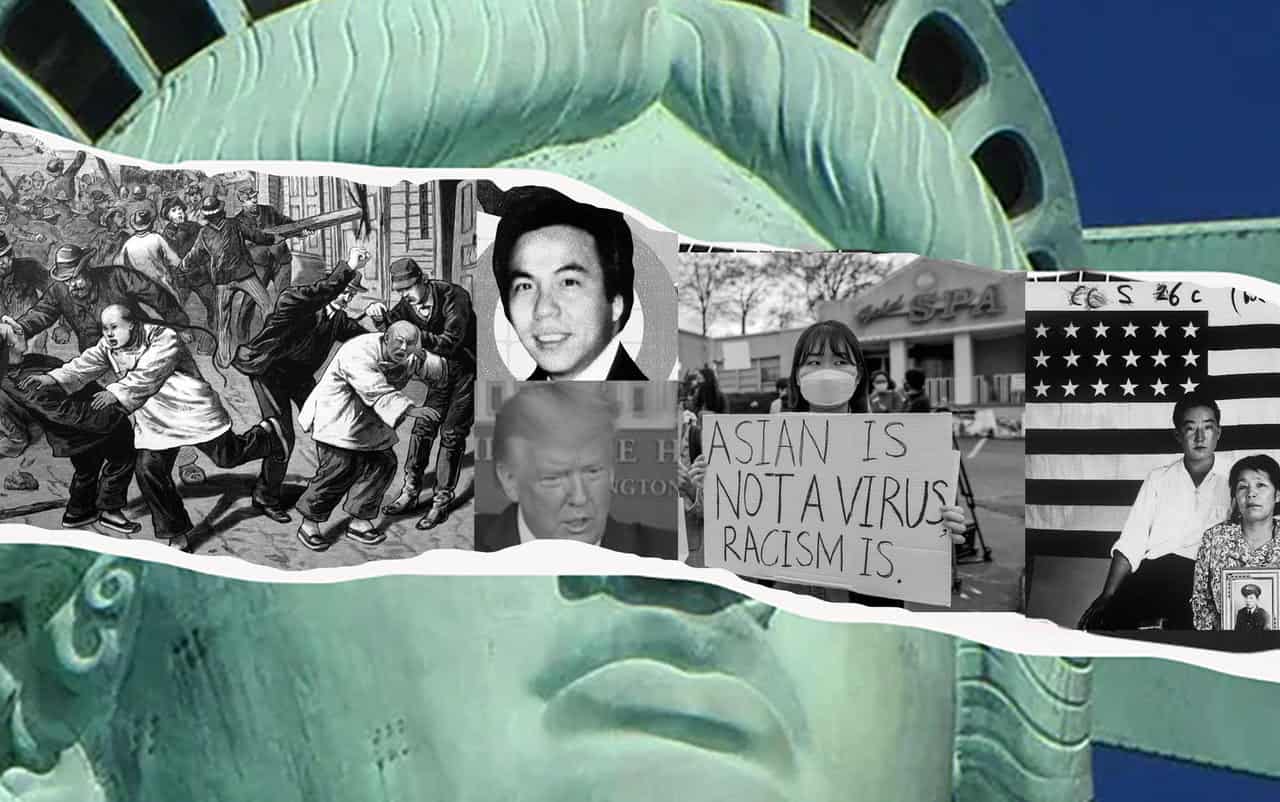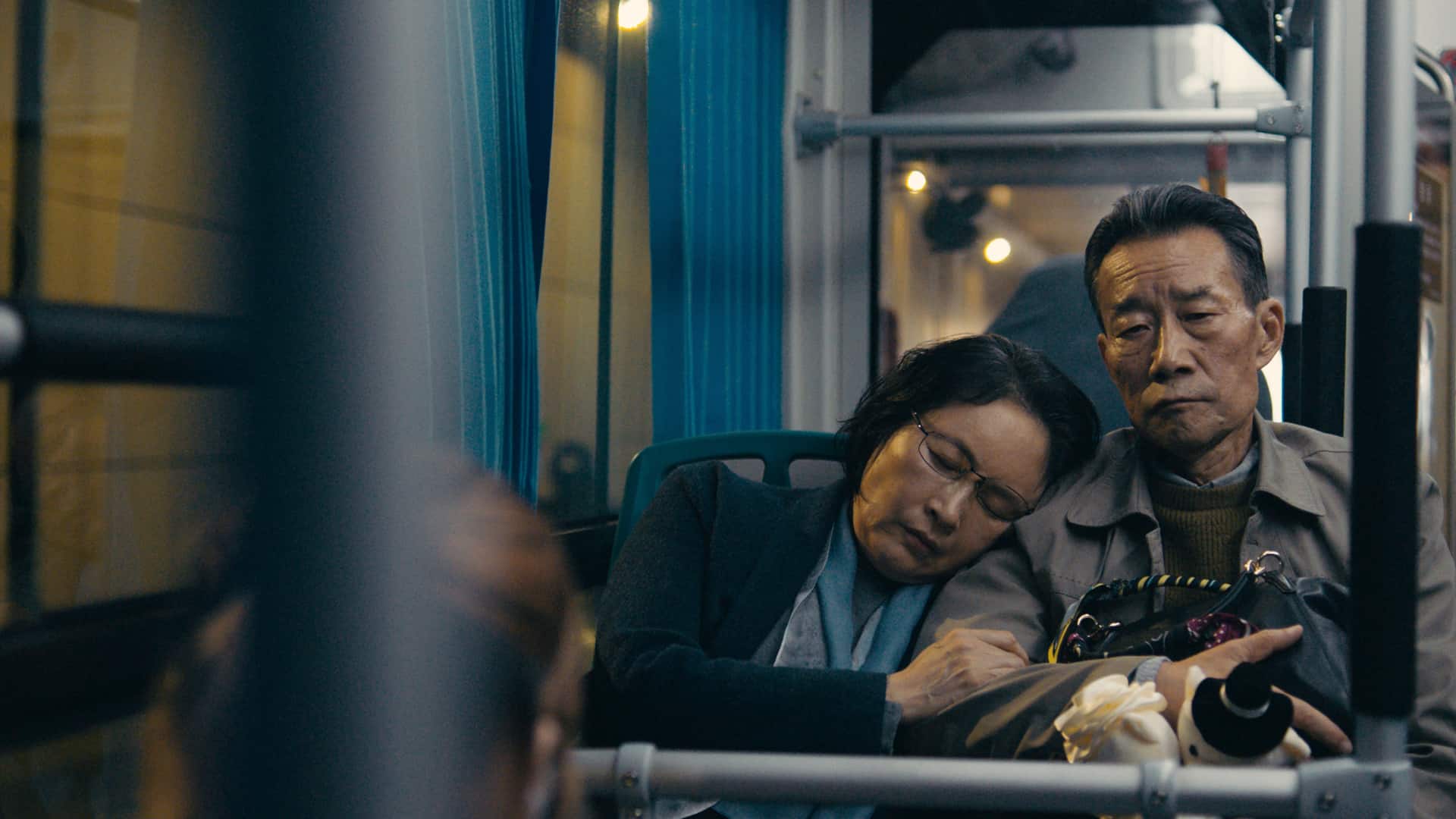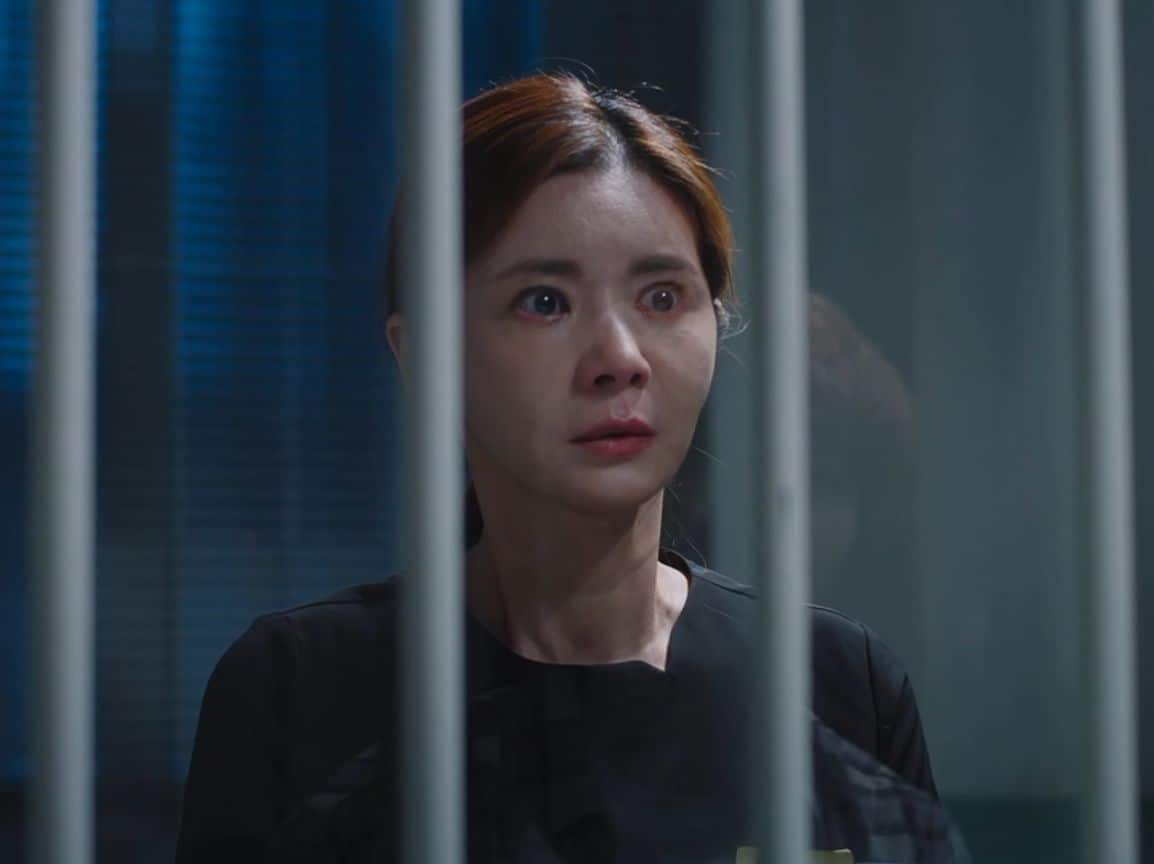Continuing the exploration of her life as a Zainichi Korean, Yang Yong-hi presents the third part of a trilogy that began with “Dear Pyongyang” and continued with “Sona, the Other Myself”, with “Soup and Ideology” focusing on her mother and a history of hers she revealed after getting treatment for an aneurysm.
“Soup and Ideology” is screening as part of Women Direct. Korean Indies! – Korean Women Independent Film Series at the Hong Kong Arts Centre

The events narrated, which is actually how the movie begins, focus on her memories of the Jeju 4.3 uprising, which she experienced when she was 18-years-old, between 1948 and 1949, and was the main reason she had to leave Korea for Japan once and for all. After this first scene, though, Yang takes a step back and goes back to a time before 2009, the year her father died, in order to share some memories of him and her mother together, with his will for her to get married but take no Japanese or American husband emerging as the most hilarious, but also indicative of his mentality element.
A brief history of the Zainichi Koreans in Japan is followed by her shattering family story, and particularly the ways her brother, Kono, was forced to live for North Korea, in a series of events that led to him suffering from bipolar disorder and eventually dying. The appearance of the director's boyfriend, actually a Japanese man named Kaoru Arai, brings a breath of cheerful air in the film, especially through the way he immediately hits it off with her mother, ending up taking care of her as if she was his own. The scenes where he tells the people who want to invite her to a demonstration of a funeral off and the ones he is cooking for her are the most indicative, while the fact that there is always laughter when the three of them are sitting together, emerges as the most entertaining aspect of the movie.
Soon, however, her mother becomes sick, with the couple, who live in Tokyo, having to visit her every month in Osaka, which eventually brings us to the story presented in the first scene of the movie. The visiting of the members of the 4.3 Research Institute sheds a bit more light to the mother's back story, while Yang and her fiance eventually decide to take her mother to Jeju. The presentation of the events following the Second World War are then presented in animation, along with the mother's story, which brings us to the documentary's finale.
Yang Yong-hi's effort focuses on helping people understand each other, and it is this goal the whole narrative moves towards, as it explores the lives of the Zainichi Koreans through the story of her mother. The “universal” aspect of the movie works quite well, benefitting the most by the directorial approach, and particularly the editing, which connects the many different types of footage (animation, interviews, home video scenes, archival elements etc) in a way that results in a very appealing story. At the same time, though, at moments, the movie looks too personal (as in the extended boyfriend scenes), essentially functioning as a home video, in an issue that also extends the movie to almost 2 hours, a duration that is definitely too long for a documentary.
This, however, is the only issue with “Soup and Ideology” which emerges as a rather interesting film, particularly in the way a personal story is implemented to talk about historic trauma, identity, and the concept of Zainichi Koreans in general.


